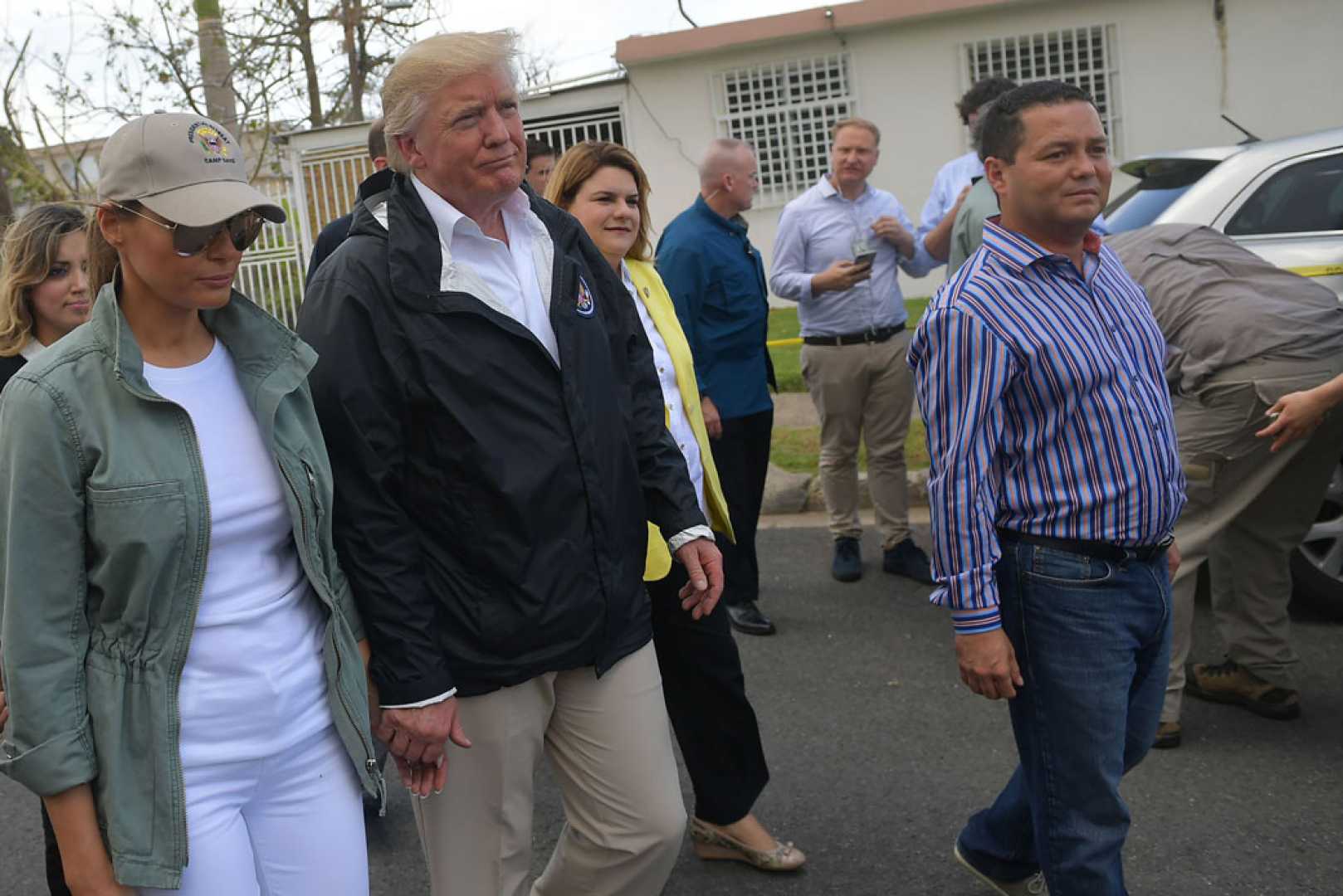News
Puerto Rico Faces Ongoing Crisis Amid Trump Administration Policies

San Juan, Puerto Rico — Puerto Rico continues to grapple with the aftermath of Hurricane María and the policies of former President Donald Trump. Since the 2017 hurricane, which devastated the island, many Puerto Ricans have felt the ongoing impacts of Trump’s administration and its decisions.
In a recent article, poet and journalist Vanessa Colón Almenas referred to Trump as ‘Hurricane Trump,’ highlighting the damage he has wrought on the territory. Thirteen days after María hit, Trump visited Puerto Rico, creating controversy by tossing paper towels into a crowd.
The sentiment towards Trump in Puerto Rico remains largely negative, fueled by various perceived slights, including his reluctance to show strong support for the island during its recovery. Additionally, recent remarks by comedian Tony Hinchcliffe, who insulted Puerto Rico, have further inflamed tensions.
On the federal front, recent budget cuts have diminished support for Puerto Rico’s recovery efforts. The Federal Emergency Management Agency (FEMA) announced the termination of the Building Resilient Infrastructure and Communities (BRIC) grant program. This program was crucial in supporting initiatives aimed at climate resilience in Puerto Rico, including proposed workshops on soil stabilization in landslide-affected areas.
Soon after, Governor Jenniffer González’s office remained silent as communities faced losing significant funding amounting to nearly $1.6 million intended to educate locals about mitigating climate-related risks.
The situation has led to alarming reports about the country’s vulnerability to climate change effects. Puerto Rico ranks among the most impacted areas, facing rising sea levels and frequent extreme weather events. Research into topics like climate-related diseases is also in jeopardy due to budget cuts from the Trump administration.
Furthermore, after a recent island-wide blackout, discussions around Puerto Rico’s colonized status and growing independence movements have surfaced. Commentaries suggest the blackout signifies deeper systemic failures tied to the island’s colonial relationship with the U.S.
Activist perspectives indicate a growing consensus that Puerto Ricans must pave a new path forward, amid skepticism over U.S. political promises. The urgency for renewed independence discussions is echoing louder than ever as the crisis deepens.
The challenges Puerto Rico faces under the lingering shadow of Trump’s presidency underscore how deeply policies affect the lives of people far beyond the mainland.












